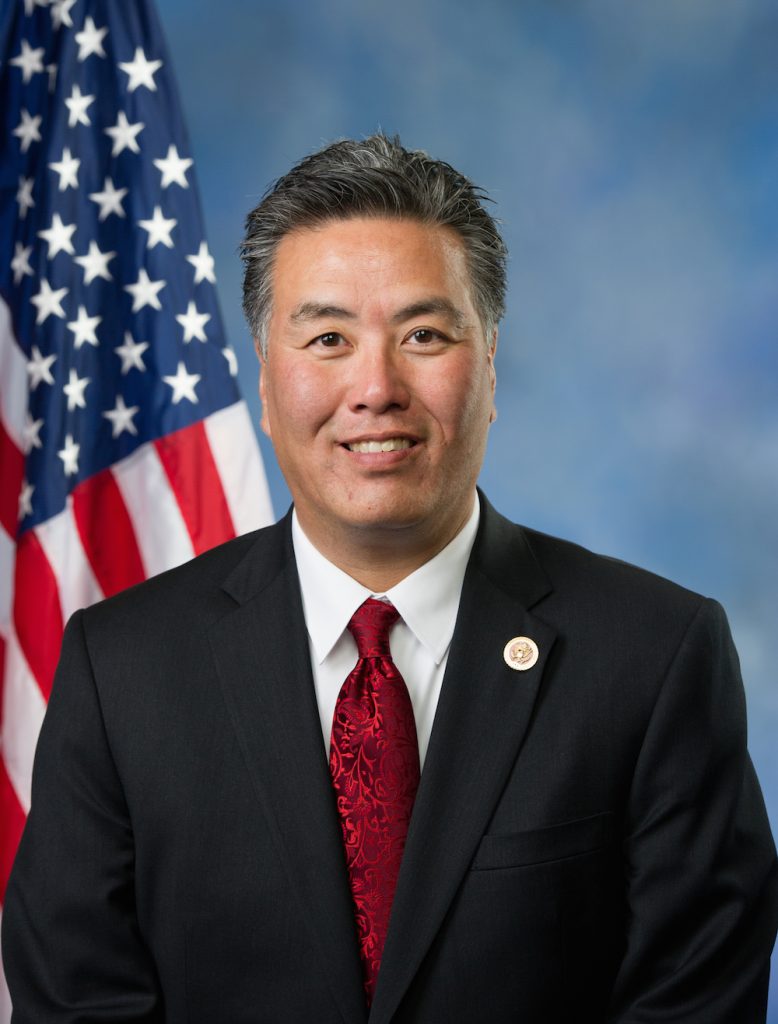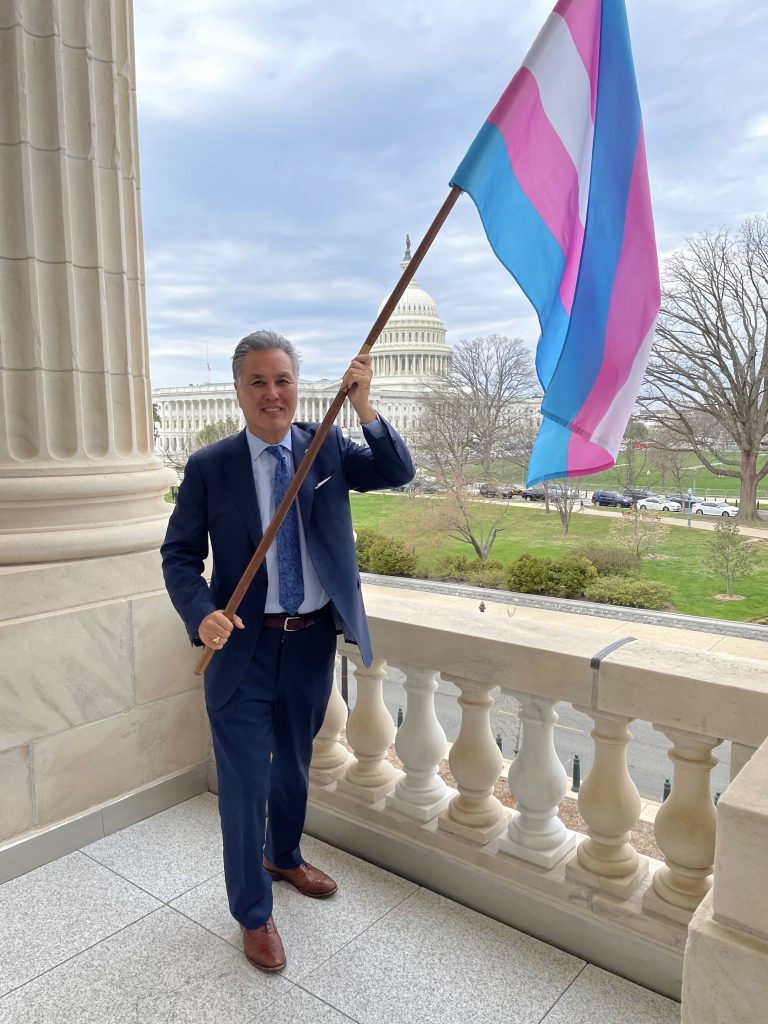
This article is part of our Community Insights series, which features articles and essays from members of our community. If you would like to submit an article or recommend a USJC member to be featured, please click here.
When I think about what it means to be an American of Japanese ancestry and also gay, I think about the five decades I have been witness to as a human being, and what came before me in terms of the possibilities ofbeing who I am today.
I reflect on my 23-year-old Great Uncle, Monso Takahashi, a 442nd Infantryman who died on a battlefield in Italy just fifteen years before I was born. He gave up his life for an America imperfectly living up to her own ideals of freedom and equality, as his American born siblings were imprisoned in internment camps. Granted, he was fighting against totalitarian and fascist Axis Powers whose ideals were odious, but America judged on her own terms in the 1940s fell short of her post-Civil War 1868 enacted Constitutional principles, not only with regard to Japanese Americans, but also in her failure to protect Black Americans and other racial minorities as equal citizens. The decades between the American Civil War and World War II are notable for Jim Crow laws and racial segregation.
Yet, America, along with her growing wealth and power, began a new civil rights era marked by the discontent of returning veterans of color pressing for and receiving a presidential order the desegregated fighting units such as the one my great uncle had fought in.
I was born into, and came of age in a post-World War II era in which social and political progress seemed inexorable. So much has changed in my own lifetime. I have seen my own rights and the rights of others profoundly expanded. As a teenager, I would not have dreamed that I could one day decide to marry someone of the same sex. Uncle Monso probably did not imagine this was a right he was fighting for in 1945, just the authors of the Fourteenth Amendment did not imagine their words would guarantee the fundamental right of my brothers to marry spouses of a different race.

As I child, I sensed the range of my future possibilities as a Japanese American when I witnessed the success of leaders like Dan Inouye, Spark Matsunaga, Norman Mineta, Bob Matsui, and Patsy Takemoto Mink.
Today, I work to defend and build upon promise of America that my great uncle fought for and to strengthen ties with allies such as Japan by deepening the liberal democratic values America and Japan share. The alliance has never been more important, and now is the time to reaffirm and renew our liberal democratic ideals. These ideas must evolve, not contract.
The U.S.-Japan Council extends its gratitude and thanks to Member of the Board of Councilors Rep. Mark Takano (D-CA 41st District) for taking the time to share his thoughts with the USJC community as we close out Pride Month.